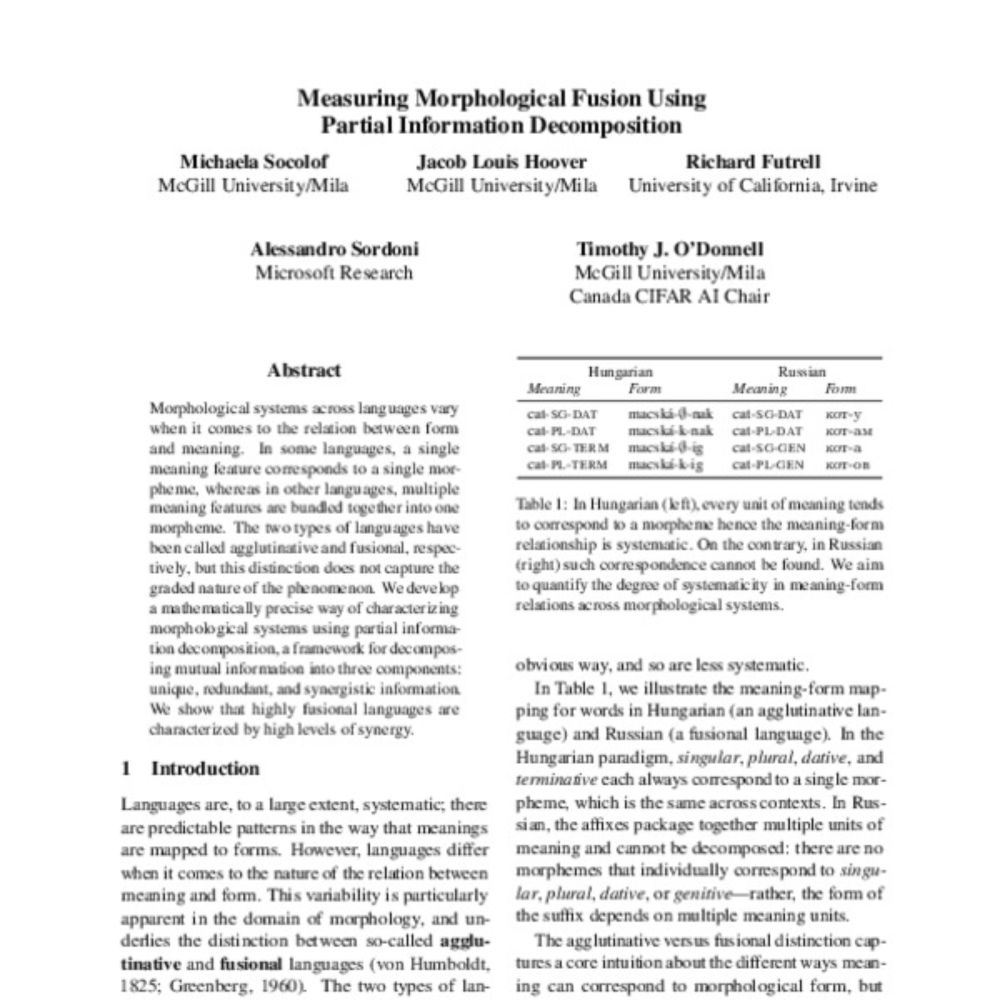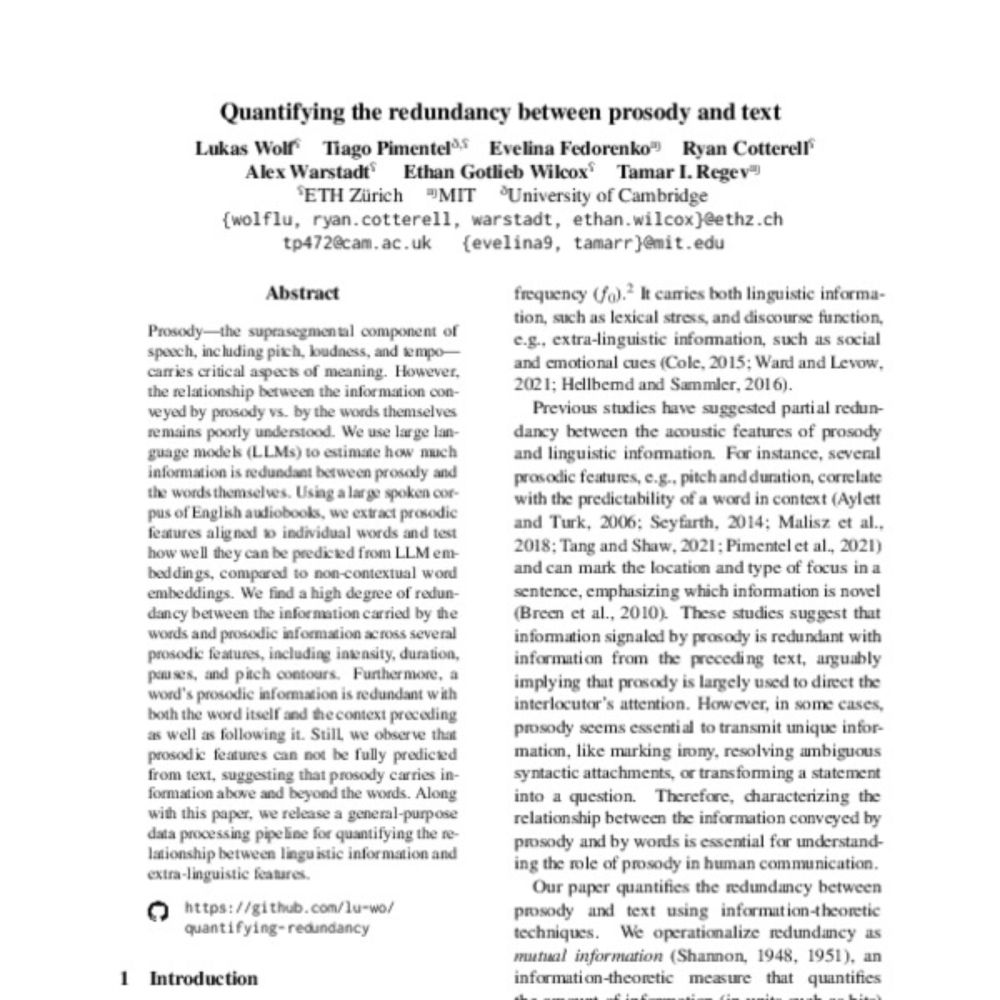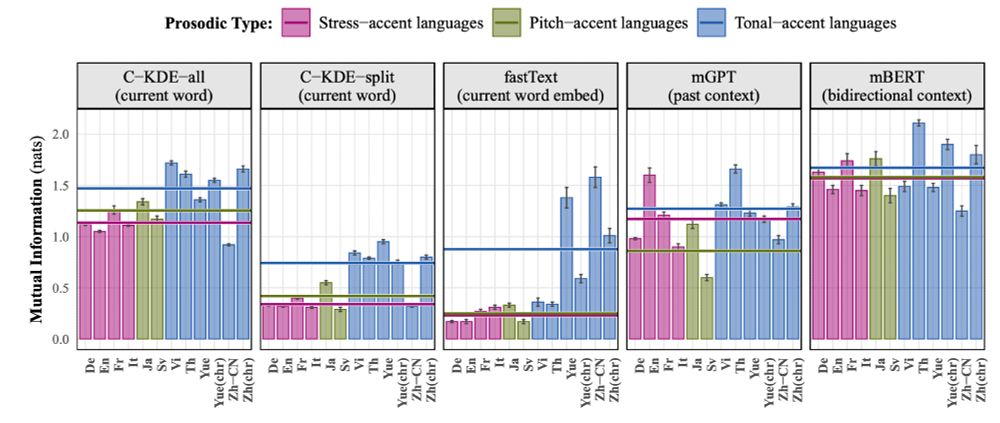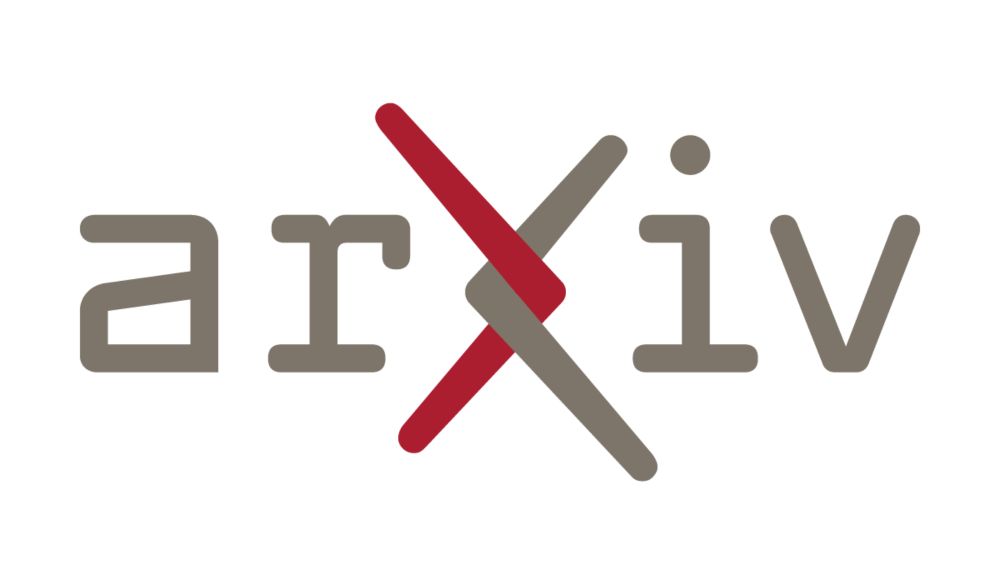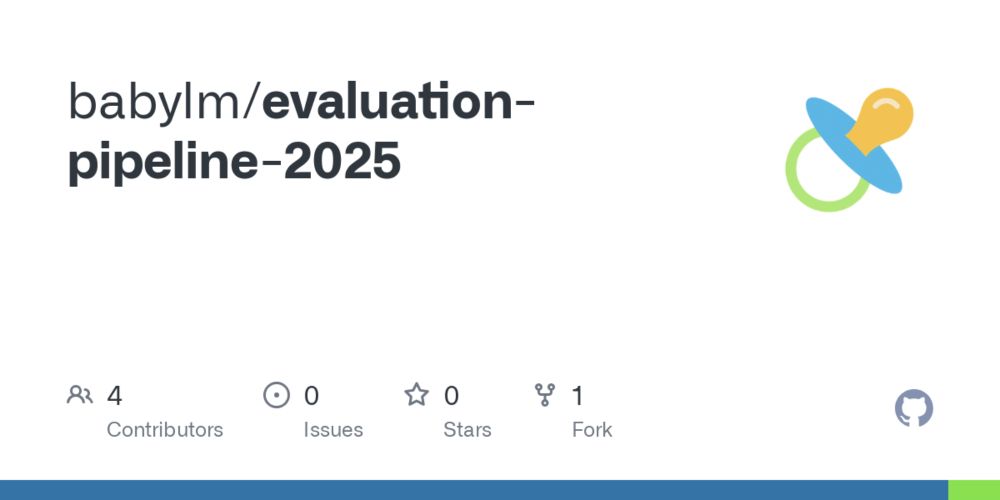Ethan Gotlieb Wilcox
@wegotlieb.bsky.social
880 followers
180 following
20 posts
Assistant Professor of Computational Linguistics @ Georgetown; formerly postdoc @ ETH Zurich; PhD @ Harvard Linguistics, affiliated with MIT Brain & Cog Sci. Language, Computers, Cognition.
Posts
Media
Videos
Starter Packs
Reposted by Ethan Gotlieb Wilcox
Reposted by Ethan Gotlieb Wilcox
Reposted by Ethan Gotlieb Wilcox
John Mansfield
@johnbasil.bsky.social
· Feb 27
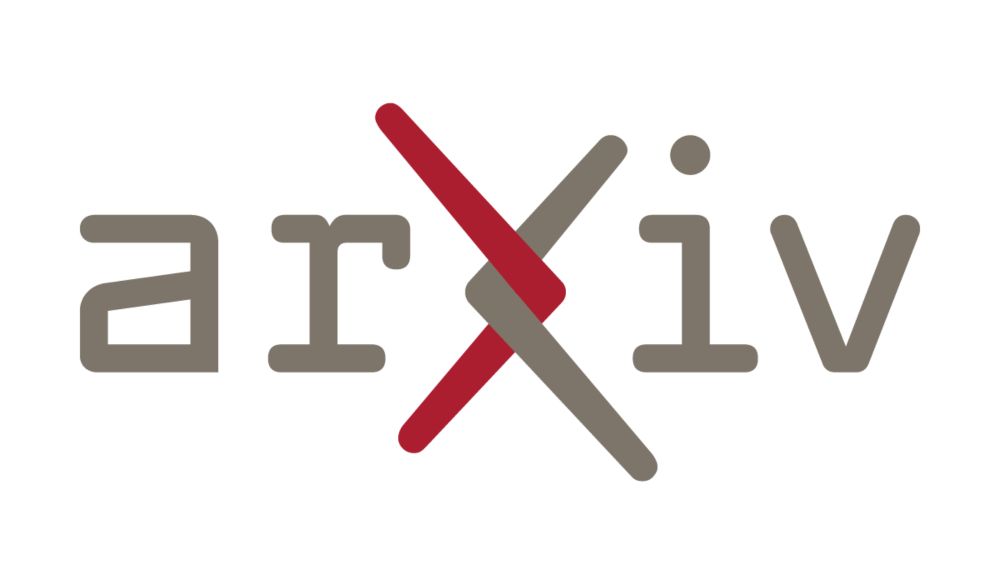
Looking forward: Linguistic theory and methods
This chapter examines current developments in linguistic theory and methods, focusing on the increasing integration of computational, cognitive, and evolutionary perspectives. We highlight four major ...
arxiv.org


